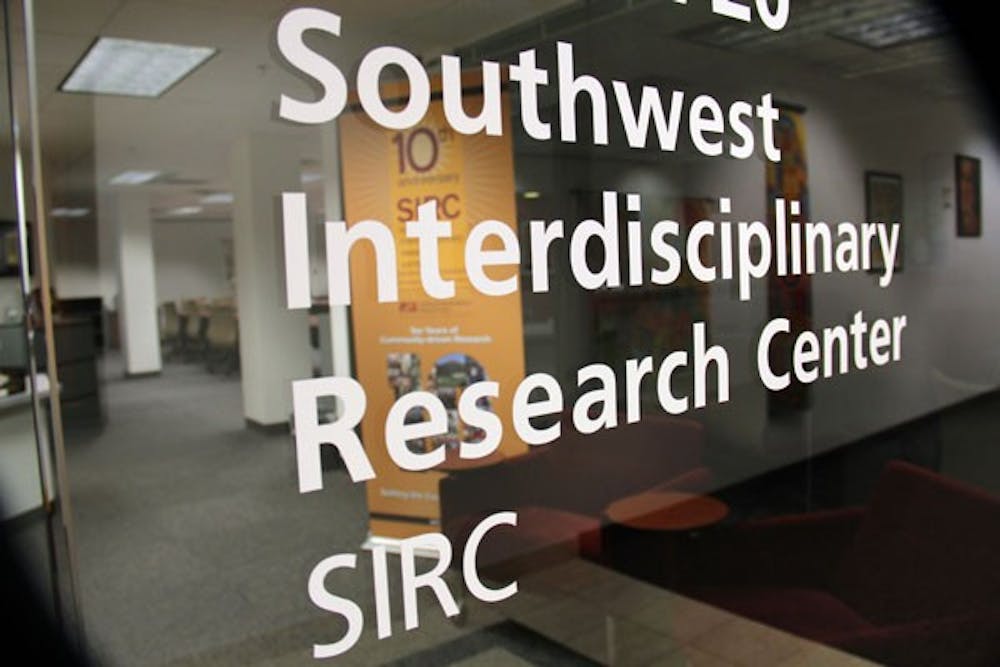The Southwest Interdisciplinary Research Center of ASU's College of Public Programs received a five-year continuation of a grant that will fund research on minority health disparities.
The SIRC will conduct research pertaining to obesity among Latino children as well as a statewide study of urban American Indian youth and substance abuse.
The $6.3 million grant came from the National Institute on Minority Health and Health Disparities of the National Institutes of Health.
SIRC Director Flavio Marsiglia said it is rare that an institution receives a continuation of an NIH grant.
He said the health disparities among minority groups haven't been studied enough.
"In the case of the Latino community, it's the largest minority group in the nation, still we don't have enough knowledge about those particular groups," Marsiglia said. "Most of the research in our country tests the white middle class."
Marsiglia said the center hopes to advance research to better address minority health while maintaining cultural trends.
"Our concern is not that we think (minority) problems are worse," Marsiglia said. "Many cultures have their own way of helping themselves and staying healthy, but some research has not yet understood that."
He said an example of this is in addressing obesity among minority groups in different ways based on minority communities' cultural diets.
"We need to be more specific in our interventions and not think that one approach will fit everybody," Marsiglia said.
SIRC Director of Research Stephen Kulis, the primary investigator of the statewide study of urban American Indians, said his particular study would be a first.
"We'll be conducting the largest study of urban American Indian youth that has ever been accomplished," Kulis said. "What we're looking at is their school, their neighborhood, their peer group (and) their family and how they navigate these different social environments which provide protections against substance use and also present unique risks."
Kulis said the SIRC is unique in its desire to seek out protections against the development of substance abuse.
He said Arizona is a good location to investigate the issues the SIRC is approaching.
"Phoenix has the largest urban American Indian population in the country now," Kulis said.
He said the SIRC's research would be a benefit to Arizona communities.
"This is a tremendous opportunity to advance knowledge about some really troubling health disparities that disproportionately affect many of the communities in Arizona," Kulis said.
ASU President Michael Crow said in an April 12 news release the center's community focus reflects the University's commitment to solving real-world problems.
"This group, led by Flavio Marsiglia, is bringing new theory and new evidence to very difficult problems – exactly what ASU is focusing its talent and energy on," Crow said.
Reach the reporter at dgrobmei@asu.edu





